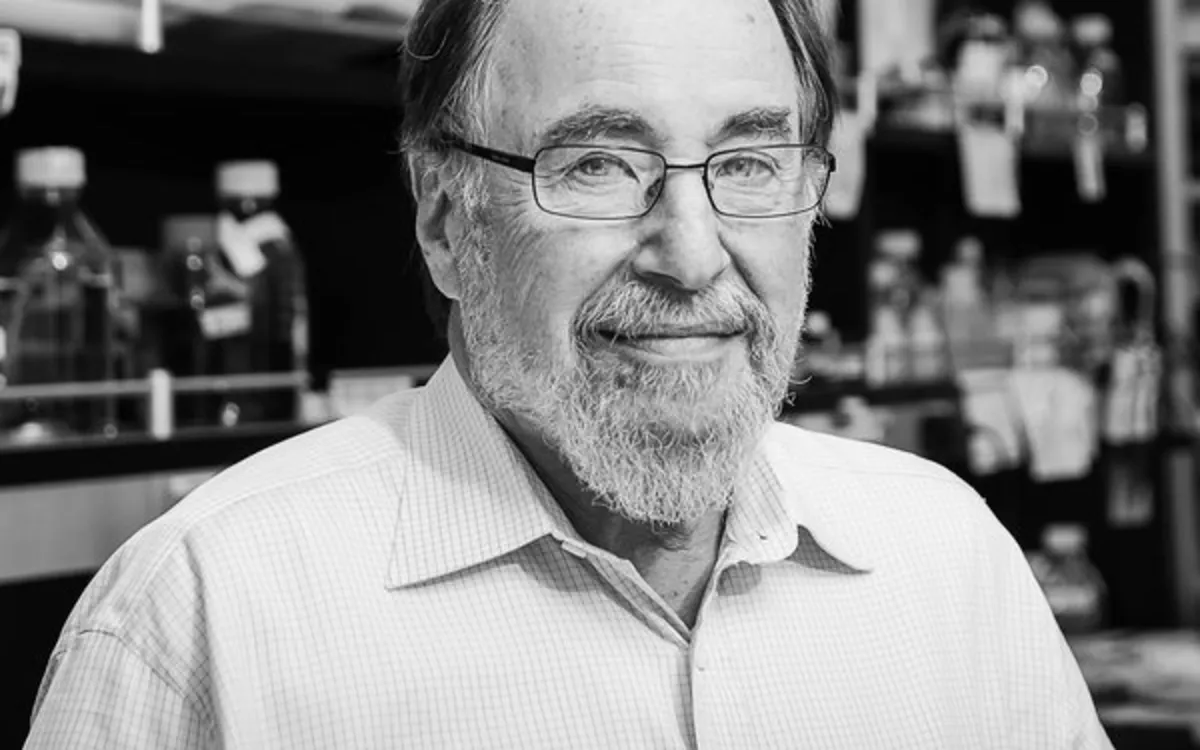
David Baltimore, the esteemed President Emeritus and the Judge Shirley Hufstedler Professor of Biology, Emeritus, at Caltech, passed away on September 6, 2025, at the age of 87. His multifaceted career as a virologist, educator, and public policy leader has left an indelible mark on the fields of biology and medicine. Baltimore's profound influence extended beyond research; he was a dedicated mentor, colleague, and a cherished family man.
Baltimore's groundbreaking contributions to the understanding of tumor viruses revolutionized the scientific community's perspective on genetic information transfer. His discovery that the genetic material of tumor viruses could reverse the conventional flow of information—moving from RNA back to DNA—earned him the Nobel Prize in Physiology or Medicine in 1975, alongside Renato Dulbecco and Howard Temin. This pivotal finding has significantly advanced our understanding of immunology and has had far-reaching implications for cancer and AIDS research.
According to Caltech President Thomas F. Rosenbaum, Baltimore’s research has not only transformed biology but also shaped national science policy, particularly during the AIDS epidemic. His later work focused on the mammalian immune system and the development of viral vectors aimed at combating diseases such as cancer, HIV, and influenza.
Beyond his scientific achievements, Baltimore served as Caltech's seventh president from 1997 to 2006, a period marked by significant advancements in the biological sciences. During his tenure, he oversaw the establishment of the Broad Center for the Biological Sciences and led a transformative $1.4 billion capital campaign. His leadership also coincided with notable successes in space exploration, including missions managed by the Jet Propulsion Laboratory, which is affiliated with Caltech.
As noted by David W. Thompson, chair of the Caltech Board of Trustees, Baltimore’s ambitious vision and ability to engage diverse audiences elevated Caltech’s global stature. He championed diversity within the institution, notably by increasing the representation of women in administrative roles and enhancing the quality of student life.
Throughout his career, Baltimore was renowned for his mentorship, fostering the next generation of scientists. Colleagues like Paul Sternberg recall his willingness to share wisdom and his remarkable ability to see potential in others. His laboratory at Caltech was a hub of innovation, where cutting-edge research flourished under his guidance.
As Barbara Wold, a Bren Professor of Molecular Biology at Caltech, reflected, Baltimore's career was characterized by an unwavering pursuit of knowledge. His intellectual agility allowed him to tackle new scientific challenges across various disciplines, inspiring countless students and researchers to strive for excellence.
Baltimore was also deeply involved in public policy initiatives. In the 1970s, he played a crucial role in shaping national policies regarding recombinant DNA research and was an early advocate for federal funding for AIDS research. His leadership in the Asilomar Conference on Recombinant DNA and his chairmanship of the NIH AIDS Vaccine Research Committee exemplify his commitment to addressing urgent public health challenges.
Born on March 7, 1938, in New York City, Baltimore's academic journey began with a BA in chemistry from Swarthmore College and culminated in a PhD in biology from The Rockefeller University. His career spanned prestigious institutions, including MIT and the Whitehead Institute, before returning to Caltech, where he continued to contribute to science and education even after his presidency.
Throughout his life, Baltimore's generosity extended beyond academia. He was known for his engaging personality, love of music and art, and his commitment to fostering relationships with colleagues and students alike. His warmth and enthusiasm made him a beloved figure in the scientific community.
David Baltimore’s legacy is one of profound impact, characterized by groundbreaking scientific discoveries, exemplary leadership in higher education, and a commitment to improving public health through sound policy. He is survived by his wife, Alice Huang, and their daughter, TK Baltimore. His passing marks the end of an era, but his contributions will continue to resonate in the fields of biology and medicine for generations to come.